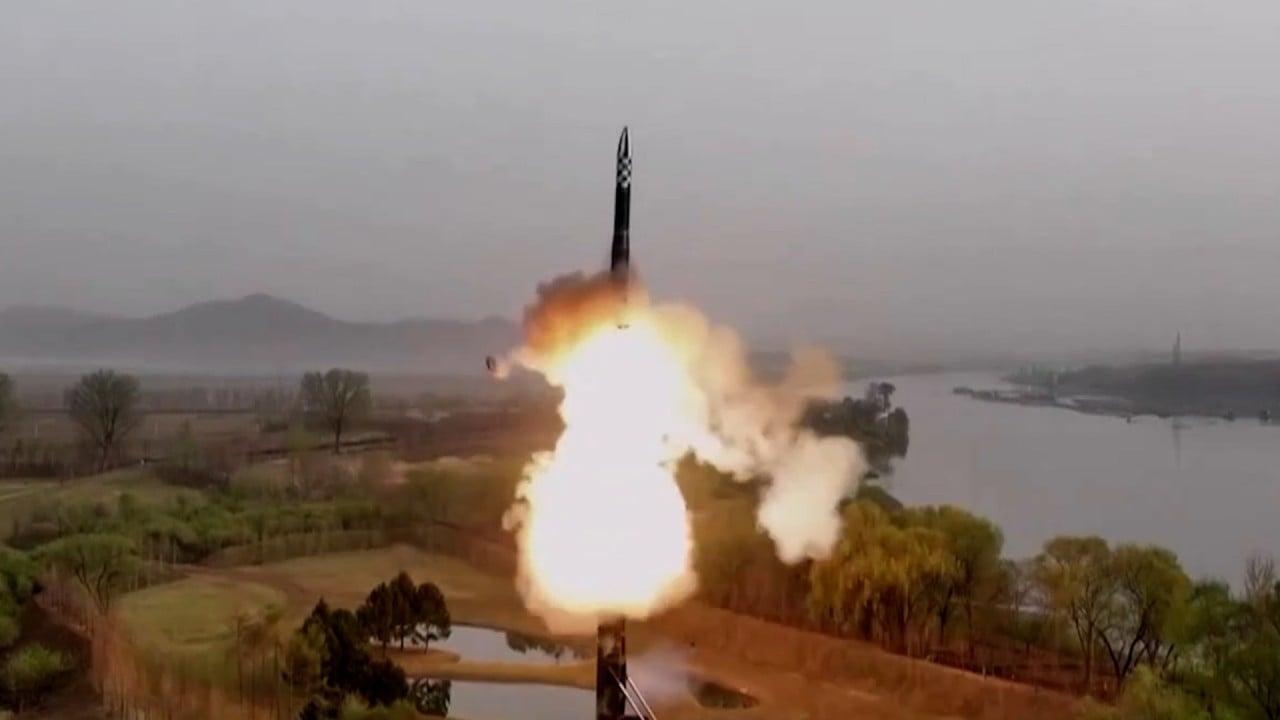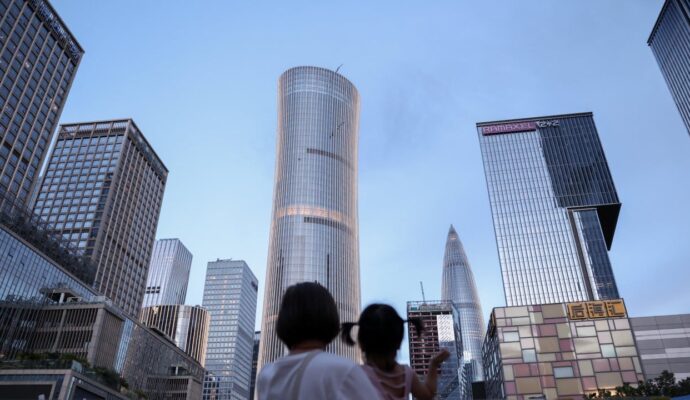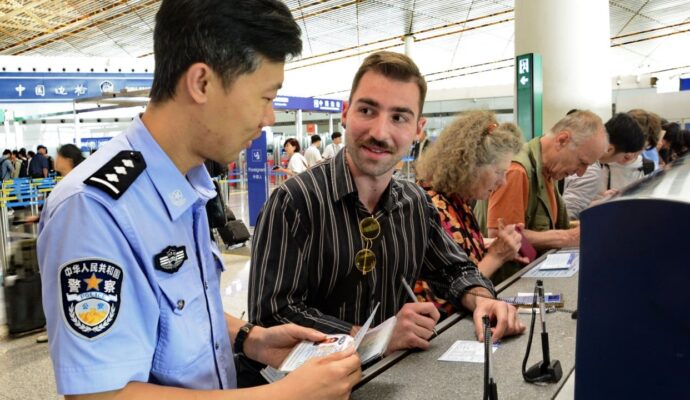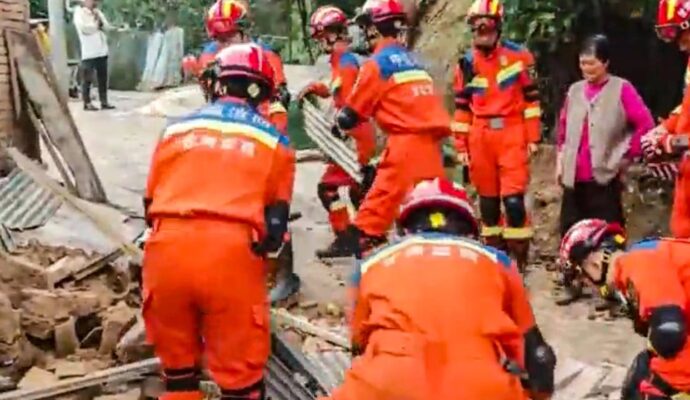
The message was delivered last Wednesday but was not made public until Tuesday morning, hours before G7 foreign ministers demanded North Korea “refrain from any other destabilising or provocative actions, including any further nuclear tests or launches that use ballistic missile technology”.
On Friday, North Korea fired what was believed to be a new solid-fuel intercontinental ballistic missile, its 11th missile test so far this year, prompting Japan to issue an alarm in its northern island of Hokkaido to urge its residents to seek shelter.
Some observers said that the latest test may enable Pyongyang to fire missiles that could hit targets as far away as the continental United States.
The US, Japan and South Korea agreed last week to hold regular missile defence and anti-submarine exercises to counter the threat from North Korea, while on Monday a three-way naval missile exercise was held in international waters between South Korea and Japan.
Monday also saw the start of a 10-day joint air drill between South Korea and the US, a twice-yearly exercise intended to increase interoperability between the two air forces.
North Korea has been building up its nuclear arsenal in recent years to ensure its survival in the face of military pressure from the US.
Since 2006, the United Nations Security Council has passed resolutions, sometimes including sanctions, in an effort to stop North Korea from carrying out ballistic missile and nuclear tests.
However, the 15-member body, now deeply divided following Russia’s war in Ukraine and the bitter rivalry between China and the US, has failed to reach a consensus on how to react to North Korea’s most recent acts of defiance.
The US has accused China and Russia of blocking joint efforts to further punish Pyongyang for the tests, while Moscow and Beijing have said sanctions will do nothing but intensify tensions and have called for them to be eased.
During a Security Council meeting on Monday, Zhang Jun, China’s UN ambassador, blamed the US for heightening tensions with drills near the Korean peninsula, saying they had “seriously aggravated North Korea’s sense of insecurity, and [are] the main reason for the current tension on the peninsula”.


